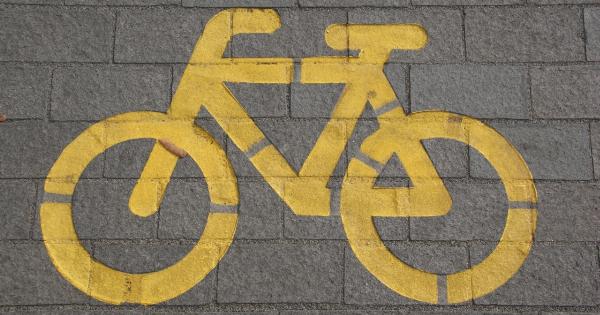Preventive school check-ups are important for the health and well-being of children. The Municipality of Pallini has recently announced that it will be implementing such check-ups for all students in its schools.
This move will help to ensure that children in Pallini are healthy and able to learn to the best of their abilities.
What are Preventive School Check-ups?
Preventive school check-ups are examinations that are conducted on children to assess their health and development. These check-ups are typically done annually or biannually and are usually carried out by a school nurse or a doctor.
The purpose of these check-ups is to identify any health issues or concerns that could affect a child’s ability to learn or develop.
Why are Preventive School Check-ups Important?
Preventive school check-ups are important for several reasons. Firstly, these check-ups can help to identify any health issues or concerns that a child may have.
Early detection and treatment of health problems can prevent them from becoming more serious and can ensure that children receive the care they need to remain healthy.
Secondly, preventive school check-ups can help to promote healthy habits among children. During these check-ups, children can learn about healthy eating habits, the importance of exercise, and how to maintain good hygiene.
This can help to prevent health problems from arising and can encourage children to make healthy choices throughout their lives.
Finally, preventive school check-ups can help to ensure that children are getting the support they need to learn and develop. If a child is struggling with a health or developmental issue, their ability to learn can be affected.
By identifying and addressing these issues early on, preventive school check-ups can help to ensure that all children have the opportunity to learn to their full potential.
The Benefits of Preventive School Check-ups
There are several benefits to implementing preventive school check-ups in the Municipality of Pallini. Firstly, these check-ups can help to ensure that all children in Pallini are healthy and able to learn.
By identifying any health issues or concerns early on, these check-ups can prevent these issues from affecting a child’s ability to learn or develop. This can help to ensure that all children have the opportunity to reach their full potential.
Secondly, preventive school check-ups can help to promote healthy habits among children.
By teaching children about the importance of healthy eating, exercise, and hygiene, these check-ups can help to prevent health problems from arising and can encourage children to make healthy choices throughout their lives. This can help to prevent chronic health problems from developing and can help to reduce healthcare costs in the long term.
Finally, preventive school check-ups can help to identify any health or developmental issues that may require further attention.
If a child is identified as having a health or developmental issue, they can be referred to a healthcare provider or specialist for further evaluation and treatment. This can help to ensure that children receive the care they need to remain healthy and develop properly.
What to Expect During a Preventive School Check-up
During a preventive school check-up, a child will typically have their height, weight, and blood pressure measured.
The child’s vision and hearing will also be checked, and the school nurse or doctor may conduct a physical examination to assess the child’s overall health. The nurse or doctor may also ask the child questions about their health and lifestyle habits, such as their diet and exercise routine.
Depending on the child’s age and health status, further tests or evaluations may be conducted.
For example, children who are at risk for obesity or diabetes may have their blood glucose levels checked, while children with suspected developmental delays may be referred for further evaluation by a specialist.
How to Prepare for a Preventive School Check-up
Parents can help their children prepare for a preventive school check-up by discussing the importance of these check-ups and reassuring their children that they are nothing to be afraid of.
Parents can also help to ensure that their children are ready for the check-up by making sure they are well-rested, hydrated, and have eaten a nutritious meal beforehand.
It is also important for parents to provide accurate and complete information about their child’s health history and any medications or supplements they may be taking.
This information can help the nurse or doctor to identify any potential health issues or concerns.
Conclusion
Preventive school check-ups are an important part of ensuring the health and well-being of children in Pallini.
By identifying any health or developmental issues early on, these check-ups can help to prevent these issues from affecting a child’s ability to learn or develop. They can also promote healthy habits among children and ensure that all children have the opportunity to reach their full potential.






























